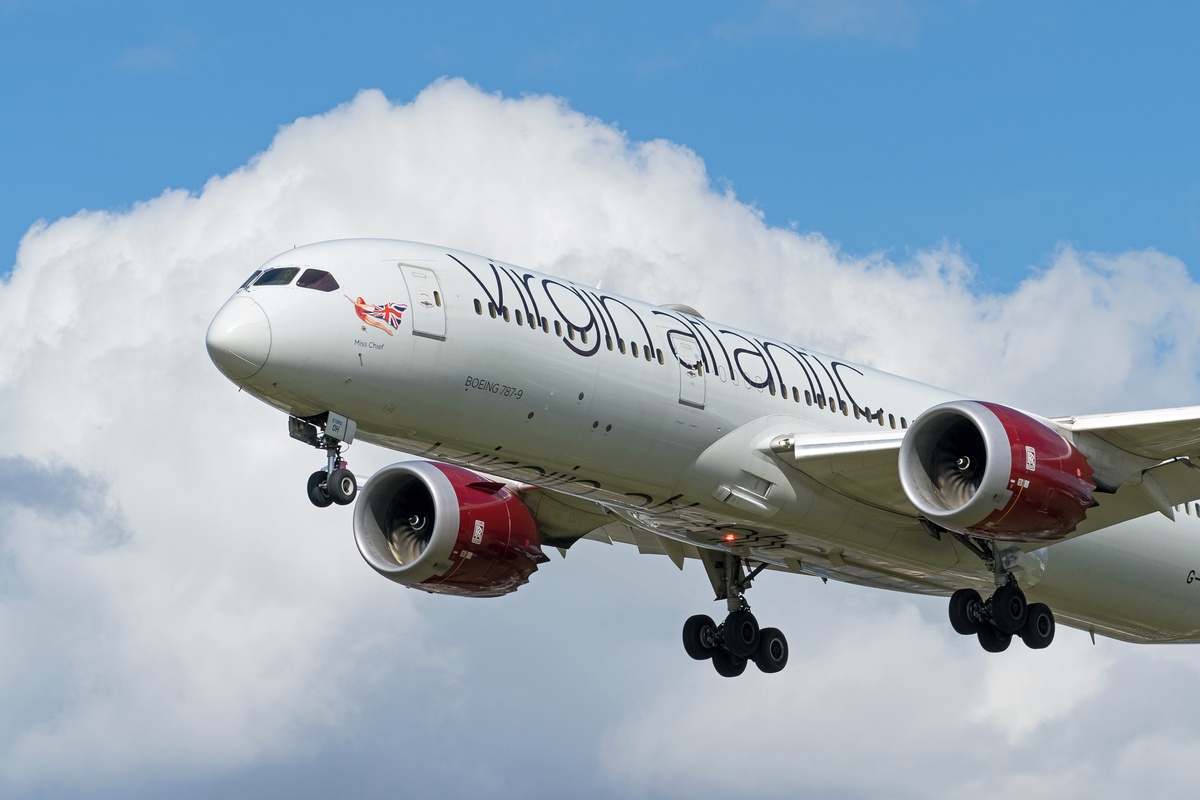Corp Travel Agencies See Coronavirus Silver Lining With Fewer of These Nagging Clawbacks From Airlines
Skift Take
Love is in the air in these unusual times.
Corporate travel agencies are welcoming news of greater leniency towards the enforcement of so-called agency debit memos.
These memos are issued by airlines for a variety of reasons, and tend to penalize agencies for failing to comply with air ticket rules, correcting a booking error or updating client details.
Get the Latest on Coronavirus and the Travel Industry on Skift's Liveblog
Airlines Reporting Corporation, which provides ticket transaction settlement services between airlines and travel agencies in the U.S., began stepping back on enforcement as the flood of debit memos, prompted by Covid-19 cancellations, began to overwhelm agencies.
"We will not take action on any debit memos that involve a flight canceled by an airline or government entity as a result of Covid-19, or are related to a passenger compensation dispute resulting from Covid-19," it said on its website at the end of last month.
"This means ARC will not use the Agent Report Agreement or threat of termination to enforce Covid-19-related chargeback debit memos."
Shelly Younger, senior manager, airline retailing solutions, and part of ARC’s Debit Memo Working Group, told Skift: “The good news is overall debit memo volume and value were the lowest in 2020 for a full seven-day week for the week ending May 17, and chargeback debit memos continued to be at typical levels observed in the same week in 2019. There may still be an influx of debit memos and we will continue to track those numbers.”
Counting the Cost
There are plenty of reasons why agencies would support a cutback in these memos.
"If ARC were to reduce the throughput of debit memos, there would be a significant administrative cost-saving to agencies, which would help them to keep their costs and, therefore, their charges as low as possible," UK agency Global Travel Management told Skift.
ARC's Younger noted airlines may still independently issue and enforce all types of agency debit memos, which means that they'd have to work towards a resolution with agencies.
But, according to Alisha Lembke, director of operations, business travel at Fox World Travel, airlines themselves are starting to relax the rules. She's also hoping that, during this period of reflection, carriers will consider ending them permanently.
“Airline representatives we’ve been working with have stated ... they may be less strict with memos in the future," said Lembke during the agency's “Waivers & Unused Tickets: Managing Travel In The Face of Disruption” webinar last week.
"Even if we do receive one, and the airline closes it out and have us not pay for it, it’s still of course time and research on our side to do that.
"It would be great if one day we could take this period of time, and say no debit memos. But we can only hope they are a little more relaxed in the future."
American Airlines seems to be thinking along the same lines, and told Skift it made its views clear on this in a recent statement: "[We] fully support ARC’s more lenient approach in supporting travel agencies through this atypical time. In addition, American aims to avoid debit memos when possible."
The airline added it didn't have any additional statements to share. Skift also approached United Airlines and Lufthansa, which declined to comment.
Playing By The Rules
"Lembke is correct that investigating and appealing a debit memo takes time and effort," said Gaurav Sundaram, president of ProKonsul Consulting. "There’s a need for dialogue and to negotiate with an airline to waive the memo, or reduce the chargeback.
"Ending debit memos will be welcomed a travel agency standpoint, as it’s an unknown negative — you cannot estimate what the value of a debit memo might be in advance."
However, Global Travel Management added memos can benefit corporate clients in some ways.
"Typically, agencies will deal with the administrative and cashflow burden of memos in one of two ways. Some agencies, like us, investigate each one to establish their accuracy and validity and either repay the airline or, at the risk of the administrative burden increasing, respond with a challenge. Cashflow burden is minimized, but at the risk of increased administrative costs," the agency said.
"Other agencies will meet the cash demand of debit memos as standard, but increase their customer fees in line with the additional costs of memos.
"The upside of our approach is a meticulous focus on ensuring the accuracy of fares, fare builds, reissues, refunds and so on. An additional benefit of the strict adherence to airline rules is we can ensure all customers benefit from every element of flexibility offered by each airline on every fare."
But Paul Baker, its sales director, added: "Agency debit memos are a necessary evil. There has to be a method for airlines to secure payment of debits owed. Currently debit memos are the undesirable, but an inevitable result.
"A reduction, however this is achieved, would be desirable, as it would save the industry significant funds."




